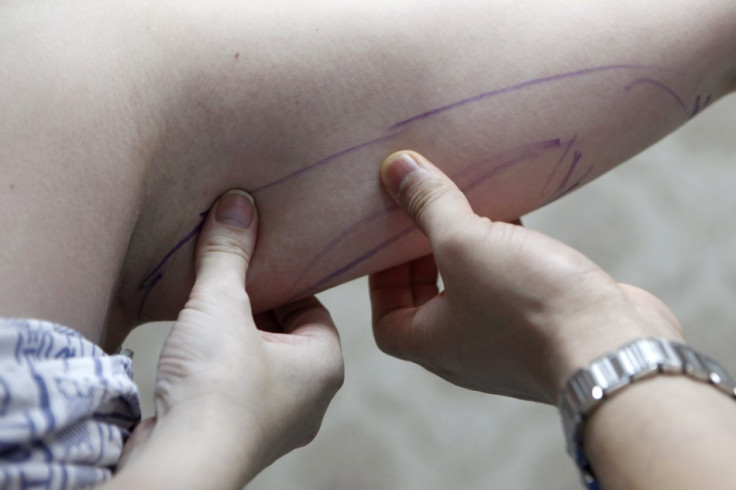Brexit Britain: Cosmetic surgery operations slump while the fine art market soars
Economic uncertainty following the Brexit referendum is putting patients off expensive plastic surgery.
Brexit Britain has been blamed for a dramatic slump in cosmetic surgery bookings while fine art sales have received a boost resulting from the weak pound, according to industry experts.
The number of cosmetic surgery operations fell by 40% in 2016 and surgeons are blaming economic uncertainty in the aftermath of the EU referendum for putting off would-be patients from procedures that can cost several thousands of pounds.
Figures produced by the British Association of Aesthetic Plastic Surgeons (BAAPS) show that facelifts were down 53% and browlifts fell 71% in the UK last year compared to 2015. There were a total of 30,750 cosmetic surgical operations last year – down 39% from 51,140.
Surgeon Rajiv Grover told The Times: "In a climate of global fragility, the public are less likely to spend on significant alterations and become more fiscally conservative, by and large opting for less costly non-surgical procedures such as chemical peels and microdermabrasion, rather than committing to more permanent changes."
Meanwhile Sotheby's is expecting record sales in an impressionist and modern painters auction taking place in three weeks' time. Upper estimates for the collected works on offer are as high as £233m ($292m).
Klimt's Farm Garden is expected to fetch £35m alone while Untitled (One Eyed Man or Xerox Face) by Jean-Michel Basquiat is expected to fetch between £14m and £18m.
Art advisor Tom Mayou told The Times: "The clearest thing we've seen from Brexit is that pound-denominated assets are more attractive than ever." Alex Branczik of Sotheby's said the auction was "an important bellwether for the market".
The pound has fallen by around 30% against the euro since the British people voted to leave the European Union on 23 June 2016. The fall has made art purchases much more attractive to foreign investors.

© Copyright IBTimes 2025. All rights reserved.





















